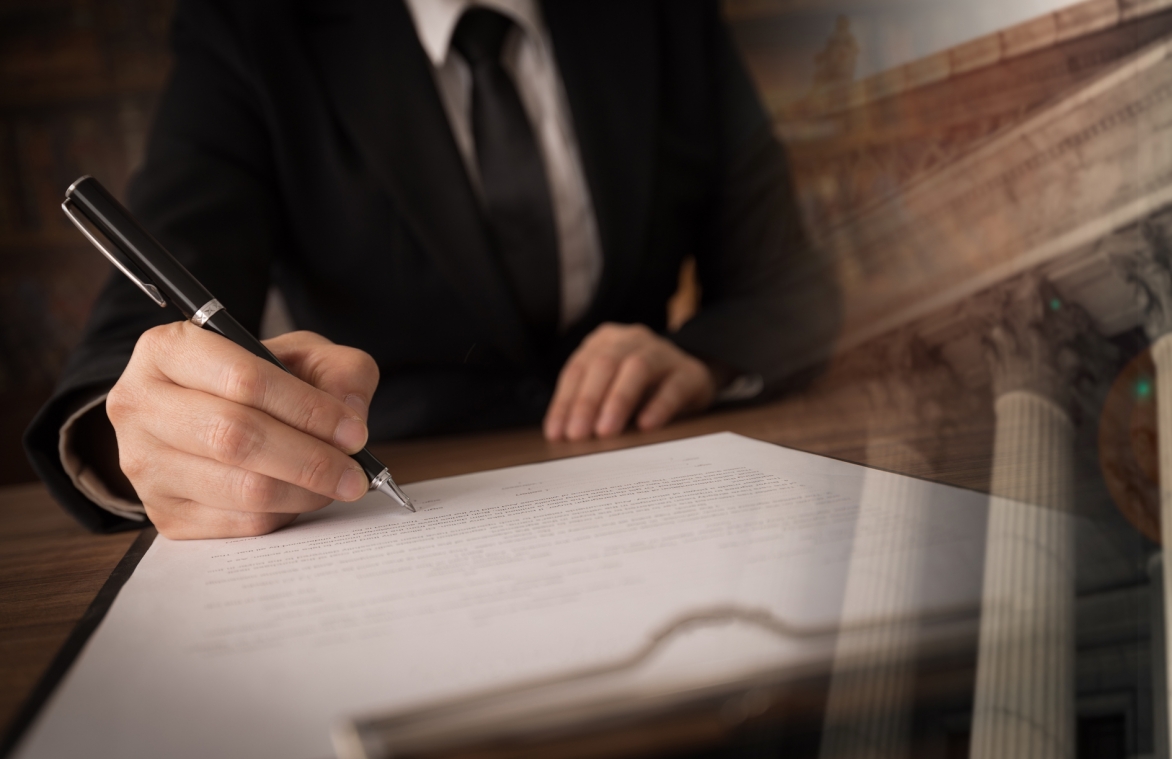In a victory for free speech, a district judge has told the University of Florida to stop prohibiting professors from providing expert testimony in lawsuits against the state. Below, MTSU First Amendment scholar John R. Vile analyzes the case.
On Jan. 21, 2022, Judge Mark E. Walker, chief U.S. district judge for the Northern District of Florida, who was appointed by President Barack Obama in 2012, issued an opinion in a case involving a lawsuit brought by two political science professors, two law professors and one professor of pediatrics at the University of Florida against the institution (Austin v. University of Florida Board of Trustees, Case No.: 1:21cv184-MW/GRJ).
The professors were contesting a university policy that forbade them from providing expert testimony about issues surrounding voting restrictions and COVID-19 that might put them at odds with the position of state government, and that further required them to seek permission before so doing even though the university had previously encouraged, and even rewarded, faculty members who had given expert testimony on other matters.
In an eye-catching opening, Judge Walker compared the university’s restrictions to a decision by the University of Hong Kong, which, in an act of self-censorship, had removed a statue to Tiananmen Square Massacre victims in the face of the administration of the city by the People’s Republic of China.
Judge: Rules amounted to ‘standardless prior restraint’
Noting the tremendous strides that the University of Florida had made in raising its profile as a major research university, Walker suggested that the university was sacrificing the free-speech rights of its faculty in order to stay on the good side of state officials. He further issued a preliminary injunction against continuing enforcement of university policies calculated to deter such speech, while deferring such an injunction against whether the university could prevent such professors from listing their affiliations on the briefs they submitted.
Walker decided that the first issue was justiciable because the professors had proper standing to bring the suit, because the issue was ripe, and because it was not moot. Walker said the evidence established that the university rules led to faculty “self-censorship” that had a chilling effect on their speech and that the rules subjected faculty members to “standardless prior restraint.”
Faculty had reason to believe they would be judged on their viewpoints
However shifting and muddy university regulations had become, Walker thought that faculty members had reason to believe that their participation in cases would be subject to “viewpoint discrimination” allowing the university to choose whether they could testify based on what they planned to say. Walker noted that the university “is willing to suffer threats to its accreditation, congressional inquiries, unrelenting bad press, an all-but-certain hit to its rankings, and the substantial monetary cost of hiring an experienced D.C. firm to defend its policy,” while refusing “to amend its policy to make clear that it will never consider viewpoint in denying a request to testify.” Walker noted that the university had characterized faculty members who sought to testify as “moonlighters,” “robbers,” “traitors,” “political hacks,” and even “disobedient liars.” He further noted that UF’s own Faculty Senate had expressed concern that the university’s policies were leading to “self-censorship.”
The continuing requirement that faculty members seek university permission to speak further vested “unbridled discretion” in the university that was further aggravated by the fact that it set no time limit on when such permission might be given or withheld. In such circumstances, a preliminary injunction was appropriate. Walker quoted FW/PBS Inc. v. City of Dallas (1990) to the effect that “any system of prior restraint” bears “a heavy presumption against its constitutional validity.” Walker further noted that the university’s own inconsistent stance as to the conditions in which its faculty members could testify was an indication of its own “unbridled discretion.”
Recognizing that Pickering v. Board of Education (1968) had established that government employers could impose certain restraints on employee speech, Walker noted that these limits did not apply to employees who were speaking or testifying as private citizens on matters of public concern. Moreover, in requiring employees to disclose outside work, the university had already required its employees to affirm that they were speaking as private citizens.
Walker said courts should be especially solicitous of First Amendment rights linked to academic scholarship. Citing San Diego v. Roe (2004), Walker observed that “the interest at stake is as much the public’s interest in receiving informed opinion as it is the employee’s own right to disseminate it.” He further cited Supreme Court Justice Felix Frankfurter’s characterization of teachers as “the priests of our democracy.” Ending almost as dramatically as he had begun, Judge Walker likened the arguments presented by university officials to those of the thieving weavers who persuaded the king that the clothes they had created for him were so fine that only individuals as wise as he was could see them, and said federal courts needed to step into the role of the child in the Danish folktale in challenging “the ‘emperors’ of our time.”
The Free Speech Center newsletter offers a digest of First Amendment and news media-related news every other week. Subscribe for free here: https://bit.ly/3kG9uiJ

